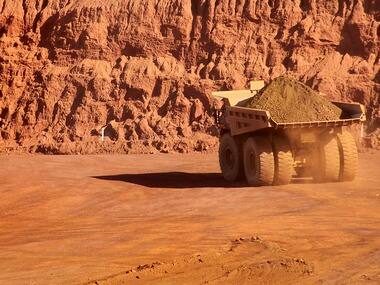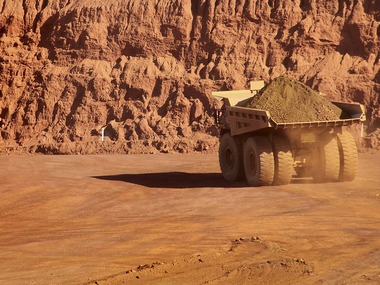The Supreme Court will today deliver its verdict on whether metals major Vedanta Aluminium should be allowed to mine bauxite in the Niyamgiri Hills in Kalahandi district of Odisha or not.
In 2008, the Supreme Court gave clearance to phase-II ofVedanta’s mining project at Niyamgiri. But in August 2010,the Ministry of Environment and Forests withdrew the clearance after the expert panel headed by NC Saxena said in its report that the mining will have severe adverse impact on the ecology and the aboriginal Dongria Kondh tribals.
Congress vice-president Rahul Gandhi had also held rally in Kalahandi supporting the tribal cause and termed the ministry’s cancellation of the clearance as a “victory”.
The report by Saxena panel highlighted various environmental threats it projected and the endangering of the Niyamgiri’s Dongria Kondh tribe. It also withdrew the earlier permission given to Vedanta for expansion of its 1 MT alumina refinery to 6 MT at Lanjigarh block of Kalahandi.
[caption id=“attachment_708230” align=“alignleft” width=“380”]
 Reuters[/caption]
Reuters[/caption]
Vedanta and the Odisha Mining Co-operation, who are the original lessee of the mines, had then moved the Supreme Court challenging the cancellation.
Vedanta shut down its Lanjigarh Alumina Refinery on 5 December, citing shortage of bauxite. As per the memorandum of understanding with Vedanta, Odisha Mining Corporation was supposed to supply up to 150 million tonne of bauxite for Lanjigarh Refinery from Niyamgiri. During the last five years of curtailed operation, the company claimed it had lost about Rs 2,500 crore on an investment of Rs 5,000 crore in the Lanjigarh plant.
The Niyamgiri case is seen as a litmus test for the Forest Rights Act - a flagship law passed by the UPA which makes taking consent of tribes for big development projects mandatory.
)